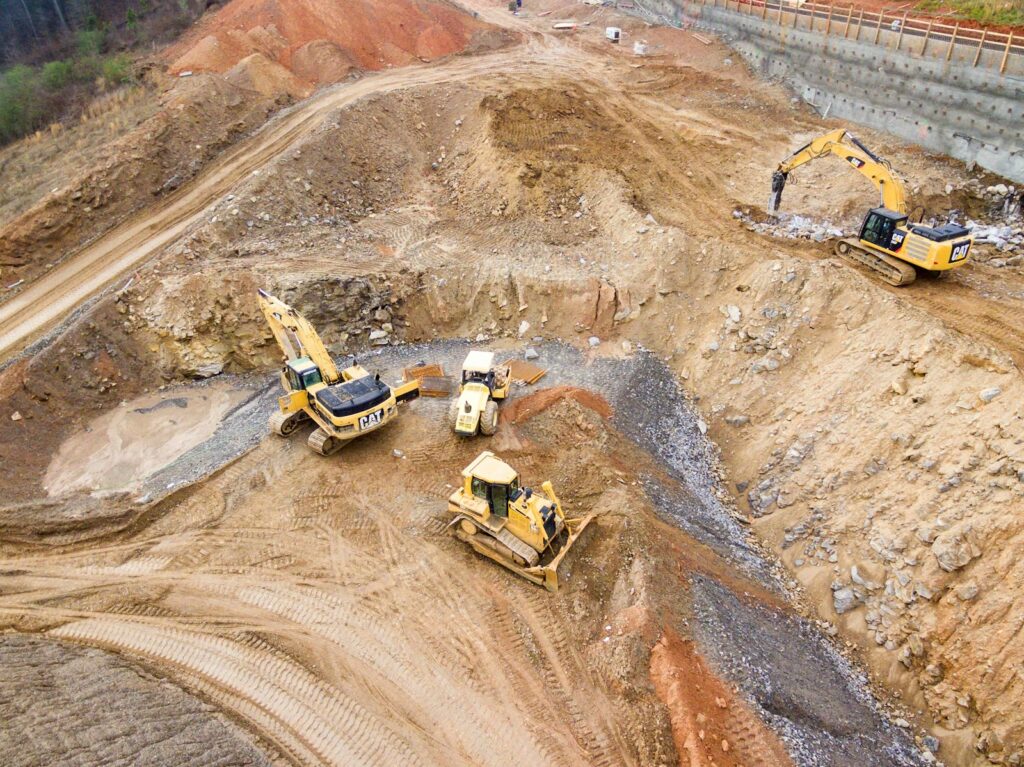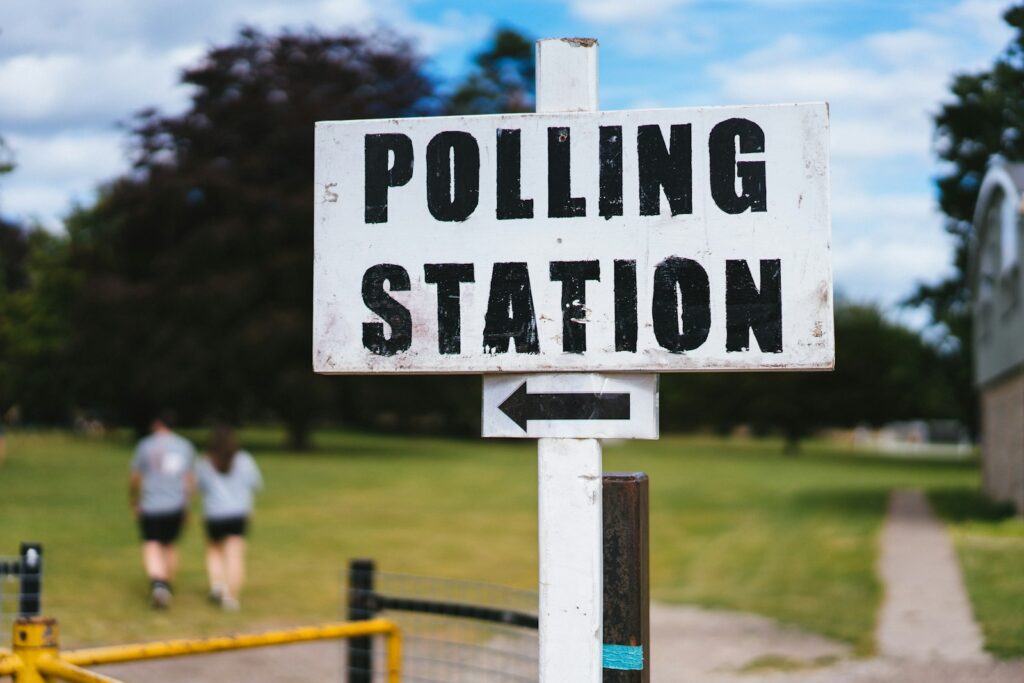Adapting and responding to the climate crisis will require us to eradicate inequalities, including gender, according to research published in the Journal Nature Communications.
Vulnerability and exposure to the effects of climate change differ significantly across various social groups.
The link between gender inequality and adaptive capacity to climate change relates to a large number of factors, for example, women’s representation in politics has been shown to lead more stringent climate action, thus affecting mitigating policies.
In a bid to understand this link, a group of researchers have developed a gender inequality index to measure whether women are disadvantaged in comparison to men with regard to health, education and political participation.
Projections of future socioeconomic dynamics and gender inequality show that faster societal progress in areas such as education can improve the situation for millions of girls around the world already in 2030.
Lead author of the study, Marina Andrijevic, from Humboldt University and Climate Analytics, Berlin, said: ‘Women are more vulnerable to the impacts of climate change, not because there’s something inherently vulnerable about women, but because of different social and cultural structures that stand in their way.
‘Disempowerment comes in many forms, from the lack of access to financial resources, education, and information, to social norms or expectations that affect, for example, women’s mobility. These considerations have to be taken into account when thinking about what challenges to adaptation a society might face.’
Co-author of the study, Jesus Crespo Cuaresma, added: ‘Our projections provide an evidence-based assessment of future trajectories of gender inequality that can be used as an input to guide policymaking at the global level.
‘While achieving gender equality does not automatically ensure the resilience of societies to the impacts of climate change, especially at low levels of socioeconomic development, it is an important factor for improving adaptive capacity globally.
‘We hope that our work will help streamline considerations of gender inequality in our analyses of current and future challenges for adaptation to climate change, and what they mean for the world with the increasing impacts of climate change.’
Photo Credit – Pixabay
















